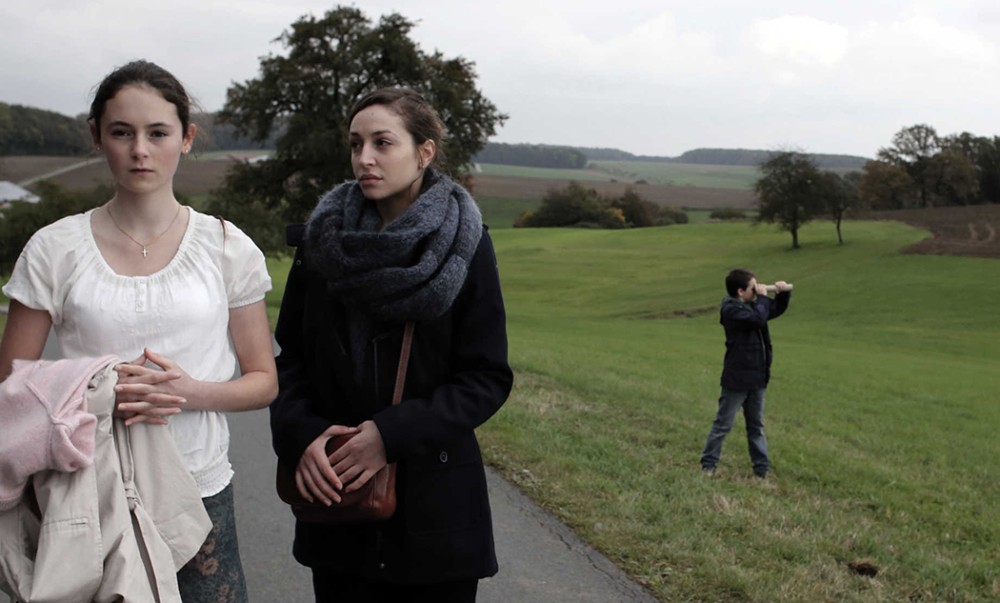8 recent films that take on the church
Across the globe, cinematic portrayals of Christianity are increasingly emphasizing its faults.

With the Roman Catholic Church hit by scandals involving abusive clergy, the figure of the pedophile priest has attracted the attention of some of the most significant filmmakers around the globe. Anticlerical works of art are nothing new, but the proliferation of hostile images of the church can hardly fail to make a lasting impact on public opinion.
The brilliant 2015 Chilean film The Club is set at a remote seaside house that serves as a refuge for disgraced clergy whose sins are mainly sexual in nature. That same year brought another devastating Chilean study of a serially abusive cleric, Karadima’s Forest. The Mexican film Perfect Obedience (2016) describes abusive priests in a tale inspired by the true-life career of Marcial Maciel, the influential founder of the worldwide Legion of Christ movement. The Irish film Calvary (2014) has at its center a fine and even heroic priest, but one whose life is destroyed by the fury of an abuse victim seeking revenge against the church.
Each of these films is impressive as an artistic production, and each contains superb acting. But each also carries a potent ideological message: the abuse scandals not only reveal the sins of individuals but are symptoms of comprehensive neglect and connivance by the church as an institution. Such systematic failings poison the work of even the best pastors. None of the films suggests any hope for the institution.





